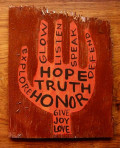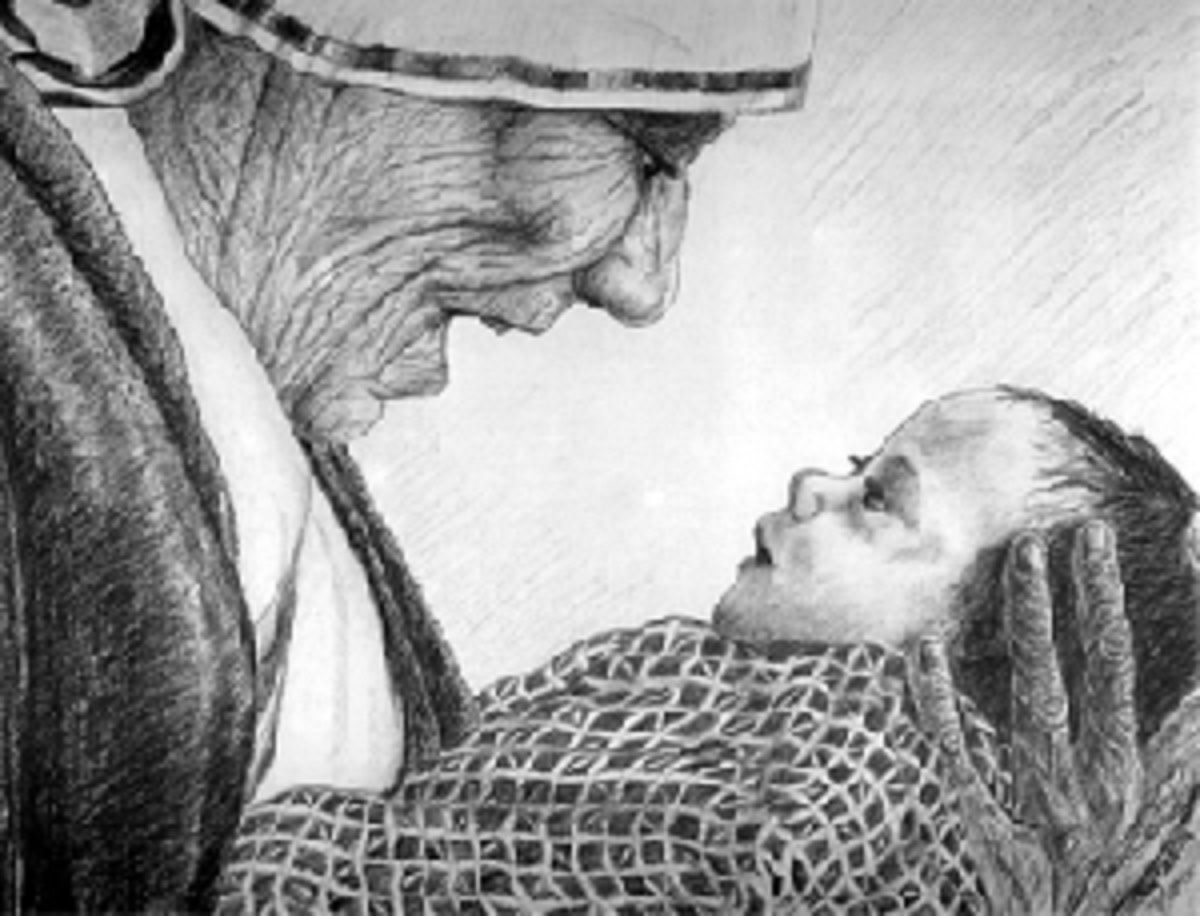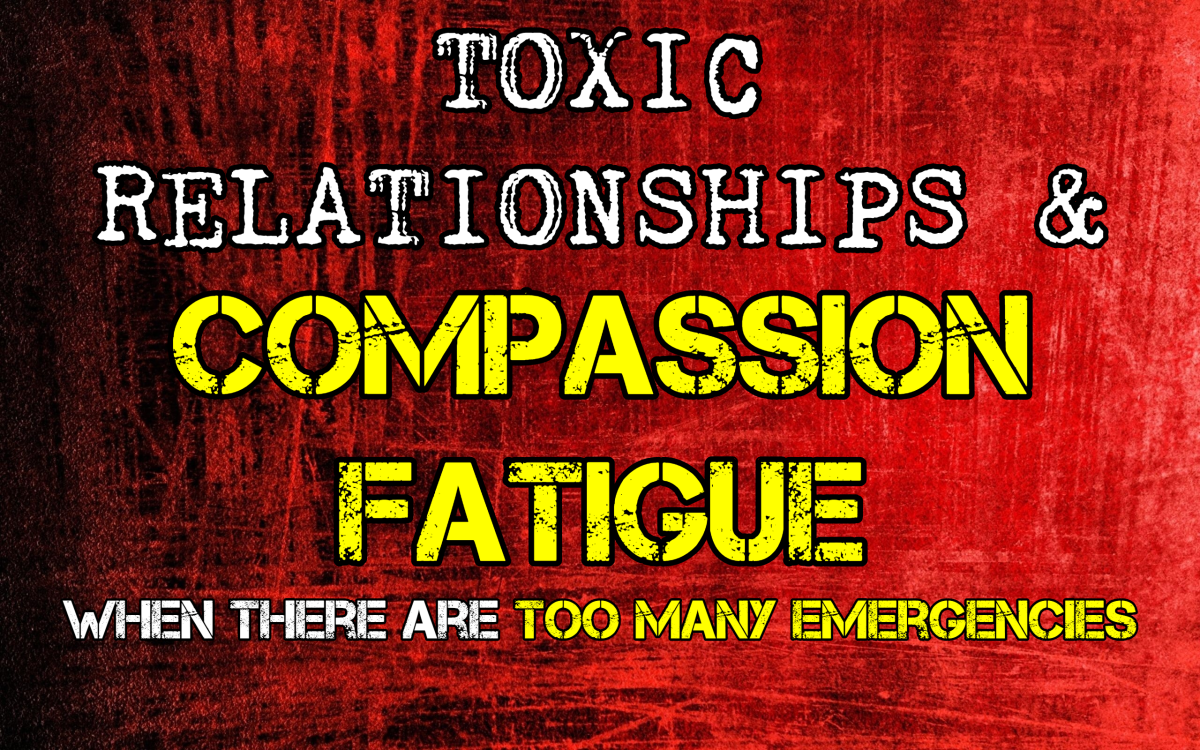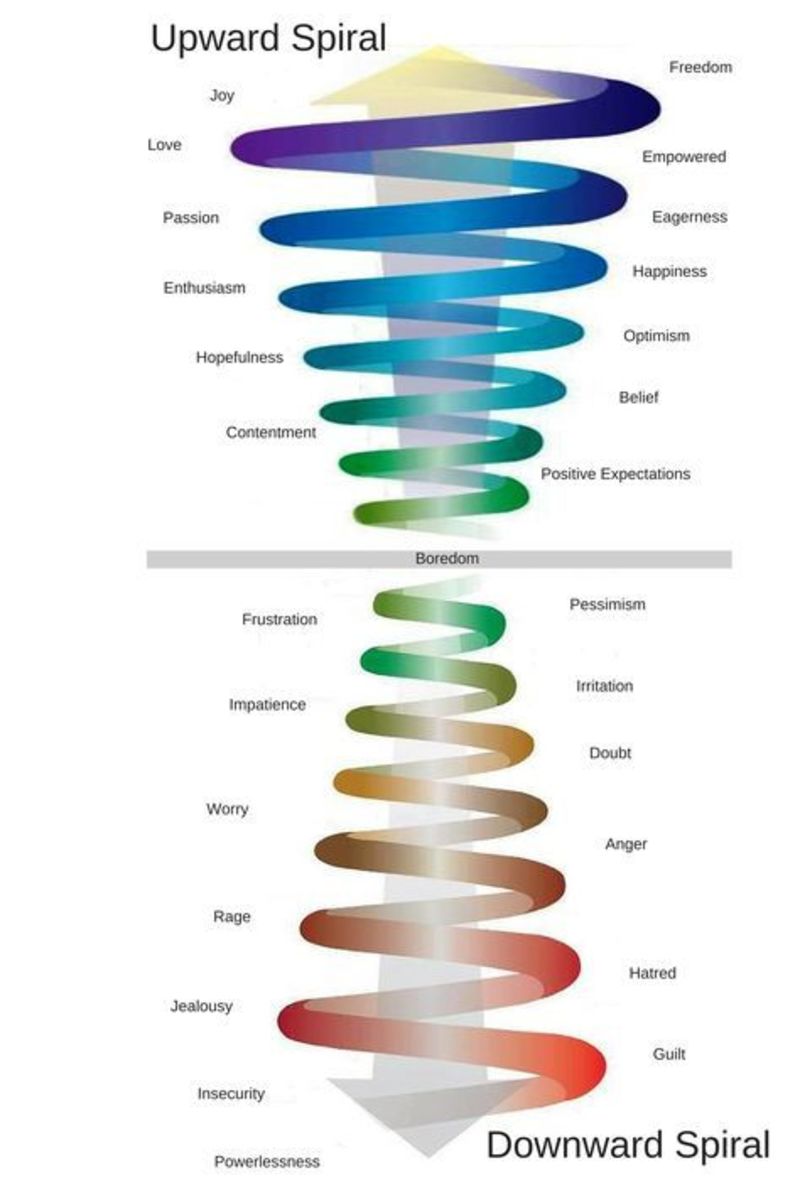Helping the Helpers
As a Therapist, I am interested in keeping myself well so that I can continue to serve my clients.
Part of a Helper's purpose and function is to be of service to others in the most effective way possible. But these humanitarian efforts within many of the helping fields come with some surprising hazards and unpalatable costs.
A fortuitous internet search for information on Compassion Fatigue led me to a stunning website for The Joyful Heart Foundation, a community of people banded together to fight against violence and abuse in all corners of society. I instantly resonated with their mission and vision which promotes Education, Advocacy and Healing, since I too, am an Advocate, Educator and Healer. In this role, I have long been interested in the concepts of Compassion Fatigue, what TJHF also describes as "Vicarious Trauma". Both are phenomena defined as unintended or ancillary consequences that often impact those, other than the victim(s), who are exposed to trauma. This phenomenon is well known in the helping fields and it's understood that one's ability to feel compassion for the suffering of others can become diminished over time by repeated exposure or difficulty processing overwhelming information. Compassion Fatigue's symptoms surpass that of "normal" job stress or burnout as it often accumulates over time and contributes to detrimental changes in thinking, emotional and behavioral patterns.
To learn more on the signs/symptoms of Vicarious Trauma, visit the link to TJHF (http://www.joyfulheartfoundation.org/learn/vicarious-trauma/identifying-vicarious-trauma).



A look at who's at risk and how many suffer while trying to help.
Helpers working in the various helping fields include health care workers (doctors, nurses, paramedics), first responders (firefighters, police, emergency workers), mental/behavioral health clinicians, therapists, social workers, soldiers and more. These professionals are often highly regarded for their altruistic contributions, but are often burdened by the stressors and pressure of their work. According to a recent study published by Critical Care Forum in 2014, "The prevalence of compassion fatigue ranges from 7.3% to 40% of workers in intensive care settings and 25% to 70% among inexperienced mental health professionals." (Van Mol 2014). This only represents just a small segment of the professional rank and file serving our communities.
I am somewhat stunned by the lack of current data that exists on this topic in this country in this age of information and technology. There were many studies conducted in Canada whose results I did not site here as I did not find the research to be relevant to work in the US. Our systems and lifestyles are different enough to skew any correlations. I often wonder about the long term psychological and emotional effects of police, firefighters and other first responders intervening in our country's recent epidemic of mass shootings and home-grown terrorist attacks, not to mention large scale natural disasters. I wonder who is helping them and how are they and their families able to cope?

We must love with conviction; more than those who hate.
What is needed to serve and protect those who serve and protect? Most professionals in the helping fields receive numerous trainings, seminars, pamphlets, newsletters and other information dissimated in workplace on "Self Care" and "Wellness Strategies." While these interventions are meaningful and necessary, helpers are still in need and so are the growing numbers of helpees. As the nature of the traumas they face evolve, I wonder if such deplorable situations, that are all symptoms of a society in crisis and on the edge, can be effectively addressed by employers as "job hazards". Helpers need a solid support system that is poised to reinforce strengths and restore competency in times of high stress and for extended phases of time thereafter. Employers and employees need to communicate often to identify and implement an exchange of resources that will be effective and reflect a pervasive attitude of Compassion for the helper.
Perhaps also we are standing on the precipice of a much needed cultural shift. A culture that looks to see if there are measures and actions that any and everyone can take to help one another whether or not they are specialized, paid or otherwise rewarded. Many of the youth I have worked with have a negative slant towards teachers, counselors and the like because, "they are just doing it for the money". Where is this coming from? Do we give off this impression or are our young people seriously misguided? Either way, each one of us must delve into our own psyches to reconcile our daily attitudes, motivations, and contributions to the society that we live in. You could chose to smile at a nurse, thank a policeman, take your children to community events at local police and firefighter stations to meet the men and women charged with saving lives, tell a friend about a counselor, teacher or coach who helped you! These are all ACTS that CAN shape minds and hearts young and old!
One of my favorite helpers has a wealth of wise and inspiring words
- http://www.brainyquote.com/quotes/quotes/m/mariannewi635430.html
"Now if you know what makes one person's life change, then you know what makes a nation change - because a nation is simply a large group of individuals." - Marianne Williamson quotes from BrainyQuote.com








